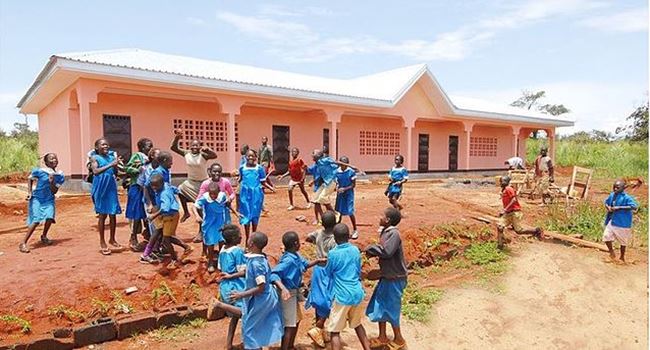International
Cameroon shuts 260 schools for ‘operating informally’, as students narrate ‘painful’ experiences

The Cameroonian government has shut down more than 260 schools that had been operating informally in the country’s francophone regions.
The schools had been opened to help absorb students fleeing the separatist uprising in Cameroon’s English-speaking regions, the BBC reports.
At least 100 unregistered institutions have been closed in Douala.
The pupils who have fled the fighting in Cameroon’s English-speaking regions have painful memories.
“I left Bamenda because there was a war. They were killing people and they were shooting guns,” said one student on Tuesday.
“We couldn’t study in Bamenda because of the crisis. Anytime we are in school, bullets falling on top our classrooms, gunshots everywhere,” another added.
Read also: HONG KONG: Protesters throng streets in last chance for territory’s govt to meet demands
A mother, Kerin Kongdem, revealed how hard it is to find a school.
“The first school was closed by the authorities because they said it wasn’t authorised. So we’ve had to find a new one this year – just to pay the registration fee was not easy for us,” she said.
The school she found was also operating illegally and is one of many that have opened to accommodate the influx of English speaking learners displaced from the north.
Critics of the government said it’s not offering any alternatives for the children when they close the schools.
Join the conversation
Support Ripples Nigeria, hold up solutions journalism
Balanced, fearless journalism driven by data comes at huge financial costs.
As a media platform, we hold leadership accountable and will not trade the right to press freedom and free speech for a piece of cake.
If you like what we do, and are ready to uphold solutions journalism, kindly donate to the Ripples Nigeria cause.
Your support would help to ensure that citizens and institutions continue to have free access to credible and reliable information for societal development.
























